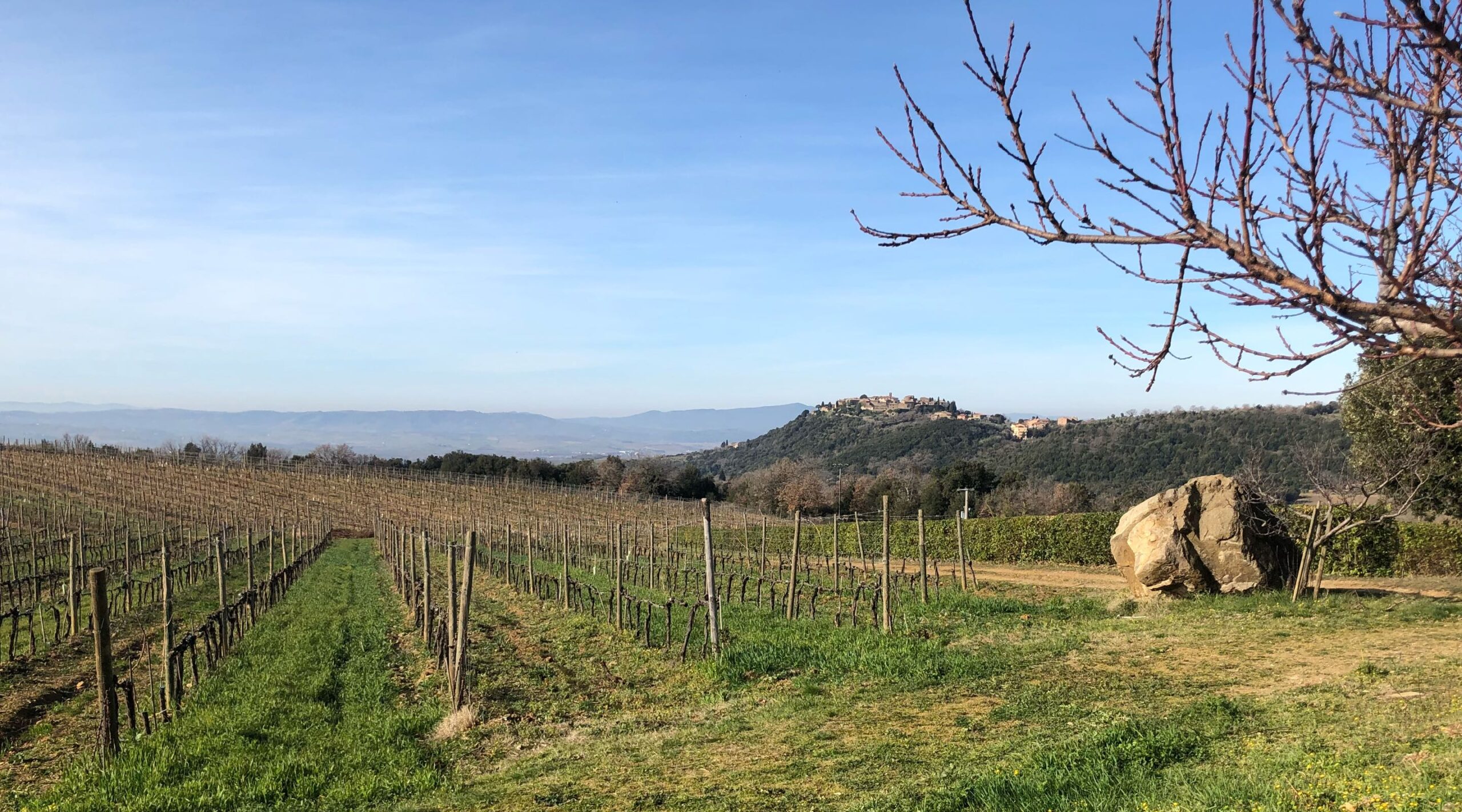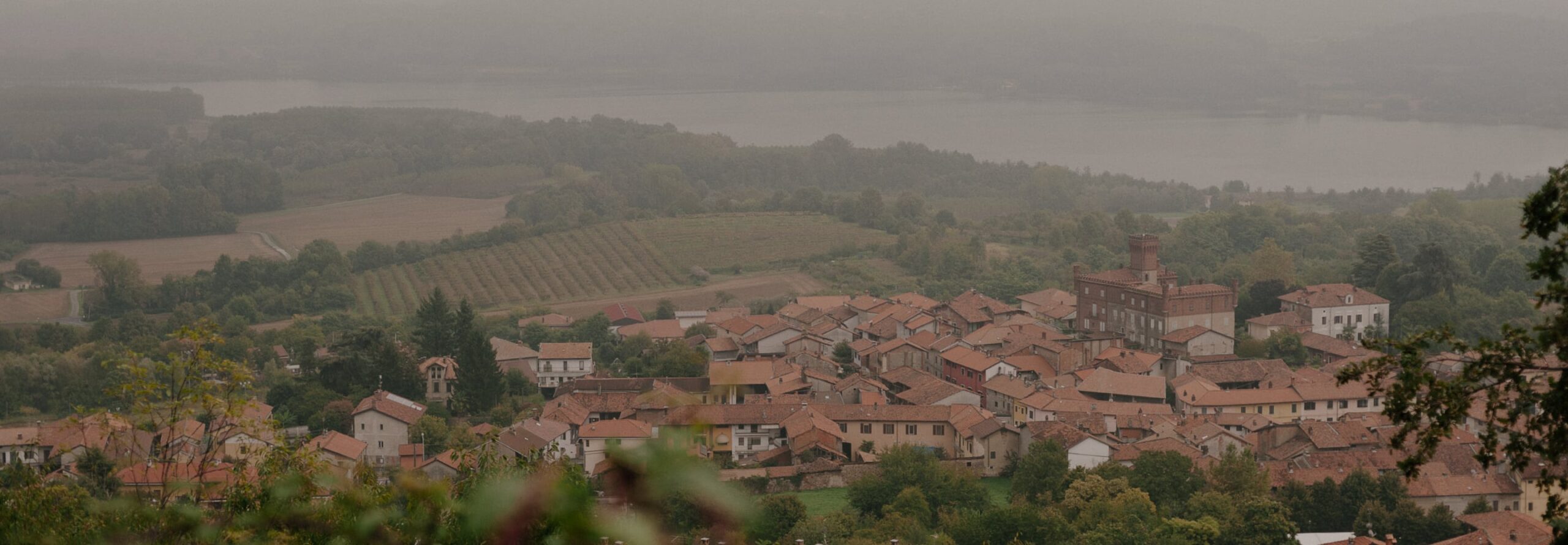Giuseppe Anania, the father of Luigi Anania, the present owner and producer of the wines of La Torre, purchased the La Torre property in 1976. The estate is located in the commune of La Sesta, approximately 8 kilometers south of Montalcino in the highest altitude section of the Brunello appellation, quite near to the lovely village of San Angelo in Colle. The first vintage at La Torre was the fabled 1982 which set a fine precedent for the future work.
The estate comprises 36 hectares of which 5.6 hectares are devoted to the vine. The vineyards are planted almost entirely to the Sangiovese Grosso grape and have a full southern and southwestern exposure. Small parcels of Ciliegiolo and Alicante complete the mix of grape varieties. Wines from three appellations are produced: Brunello di Montalcino, Rosso di Montalcino, and Rosso di Toscano and Rosso di Toscano “Ampelio”.

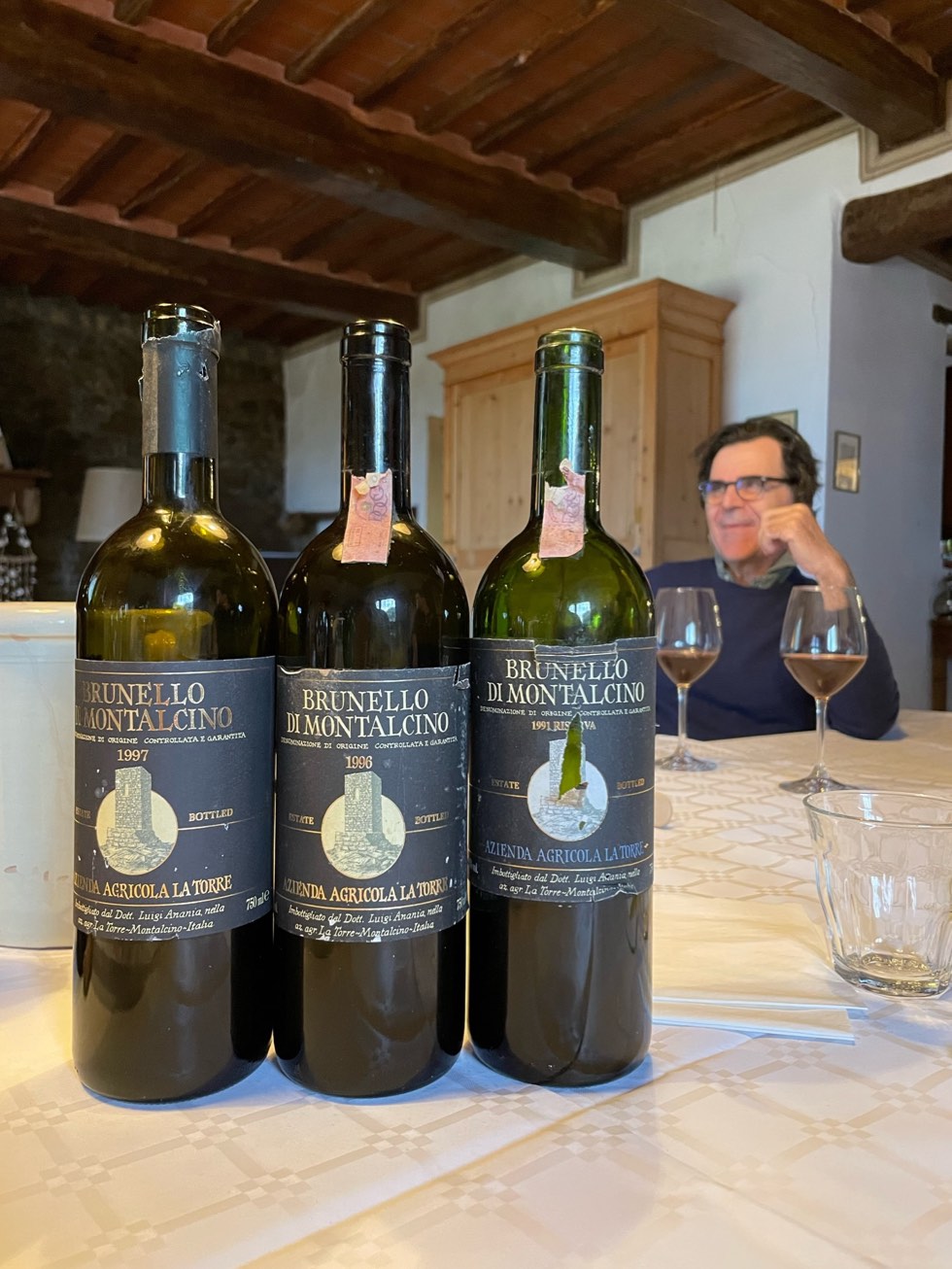
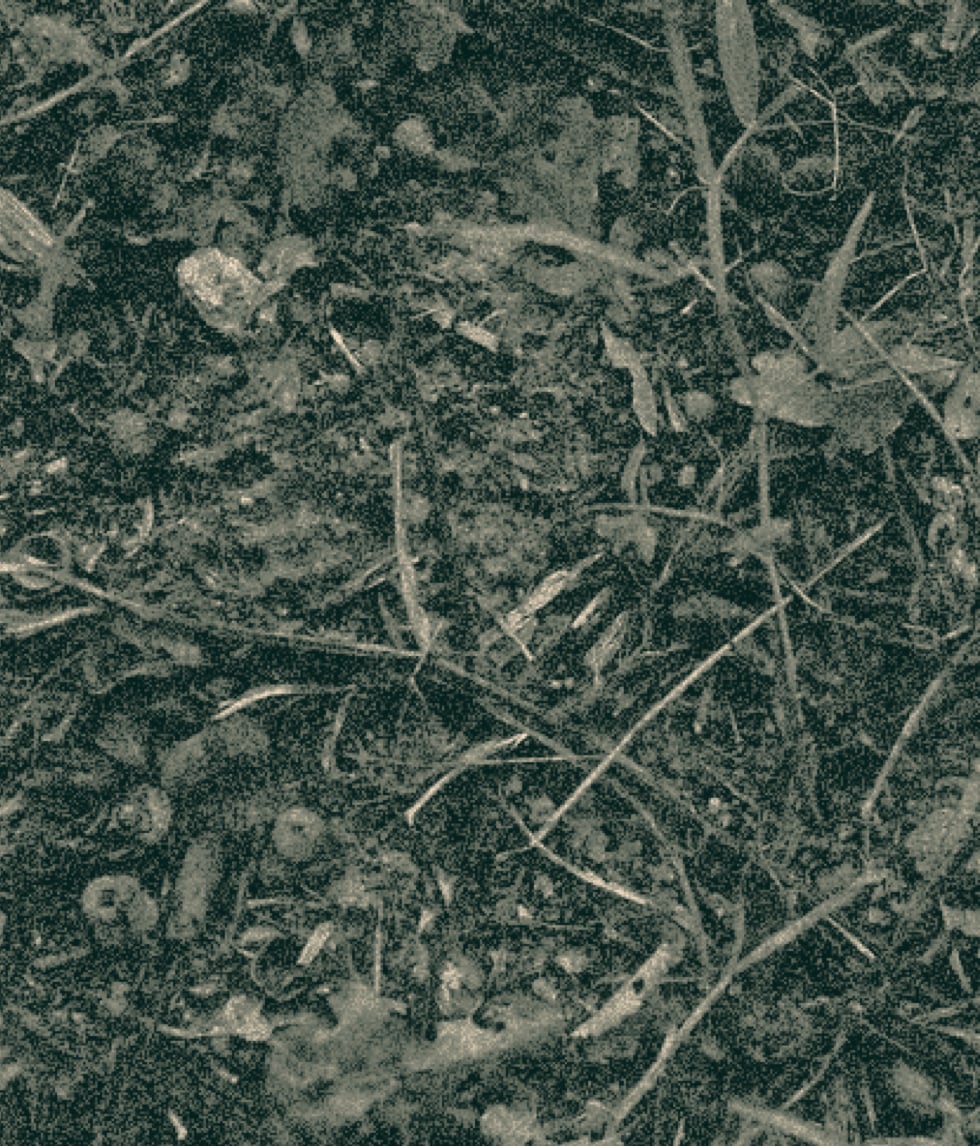
The vineyards, at approximately 1500 feet above sea level, are divided into four squares and are harvested, by hand, separately in late September through early October under normal conditions. All grapes are destemmed prior to fermentation. Only indigenous yeasts are used. All wines at the estate are bottled by gravity and are not filtered.
Farming
Certified Organic since 2015, practicing organic long before
Treatments
Copper-sulfate only, cover crops sown between the vines
Ploughing
Annual ploughing to promote vineyard health
Soils
Poor, rocky soils from the Eocene period with Pietraserena (grey sandstone), Galestro (rocky schist), and limestone subsoils
Vines
Average vine age is 40 years, planted at 2,200 and 4,400 vines/ha
Yields
Controlled via severe pruning, debudding, and green harvesting
Harvest
Entirely manual, usually in early October
Sourcing
Entirely estate fruit
Fermentation
After sorting, destemming, and crushing, wines ferment spontaneously in stainless-steel tanks and oak tini. Cuvaison lasts c. 20 days
Extraction
A combination of punchdowns and pumpovers depending on the vintage
Chaptalization
None
Pressing
Vertical basket press
Malolactic Fermentation
Occurs spontaneously following alcoholic fermentation
Élevage
Rosso di Toscana ages in tank for 6 months. Rosso di Montalcino spends 18 months in 25-hl neutral botti, with 10% of the crop in neutral barriques. Brunello di Montalcino spends 36-42 months in 39-hl neutral botti, with 17% of the crop spending 12 months in neutral barriques
lees
Wines remain on their fine lees until assemblage prior to bottling
Fining and Filtration
All wines are unfined and unfiltered
sulfur
Applied at harvest and at bottling, with c. 20 mg/l free sulfur on release
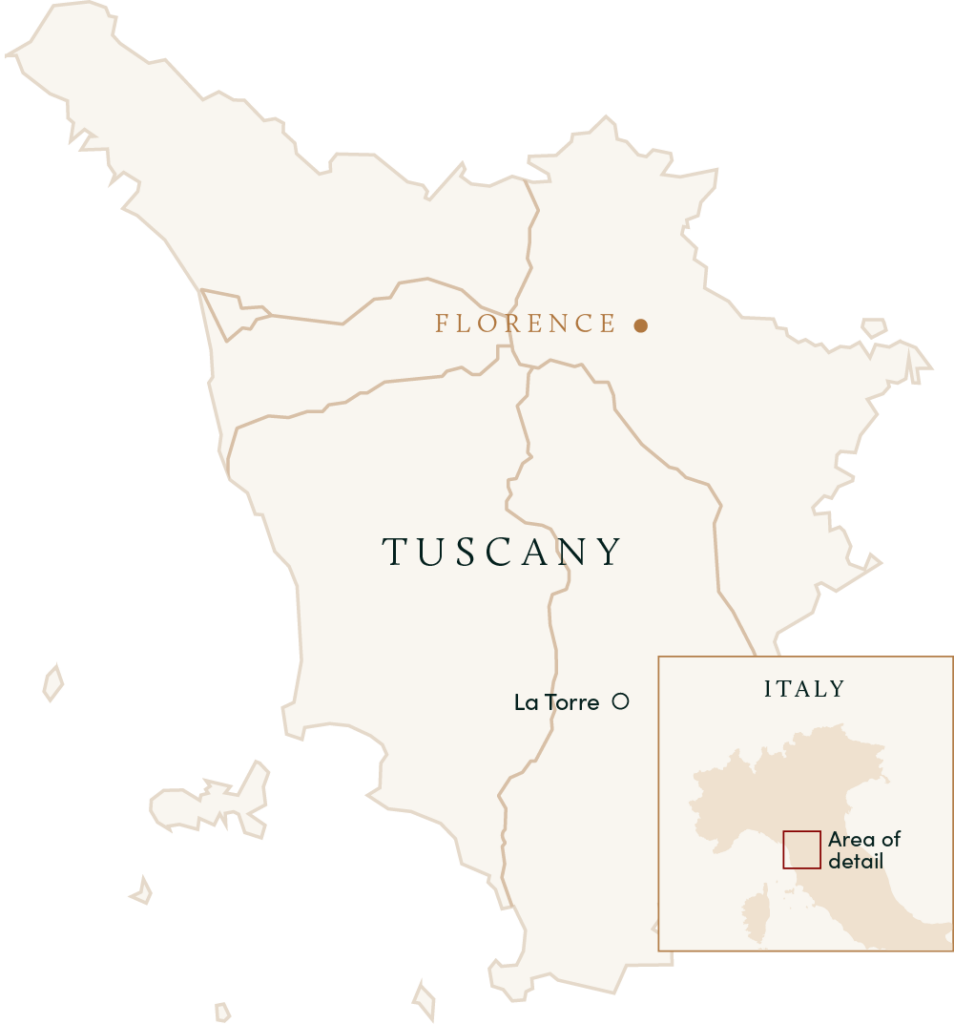
Optional caption text here lorem ipsum
